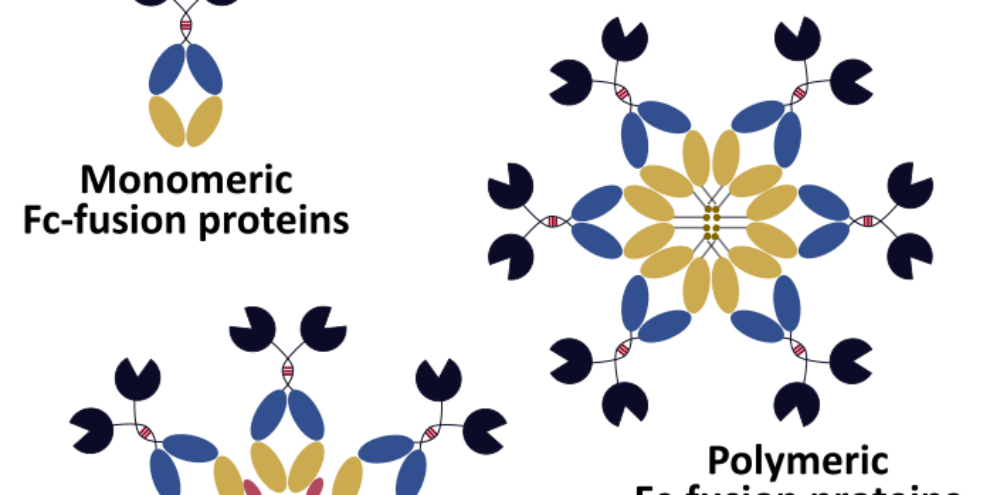Antibody production
-
Antibody production
Use recombinant antibody expression to unlock the full potential of fusion proteins
Antibodies are essential tools for modern medicine and diagnostics. Interestingly, many researchers believe that we are only now beginning to grasp the full potential of these molecules. In this context,…
-
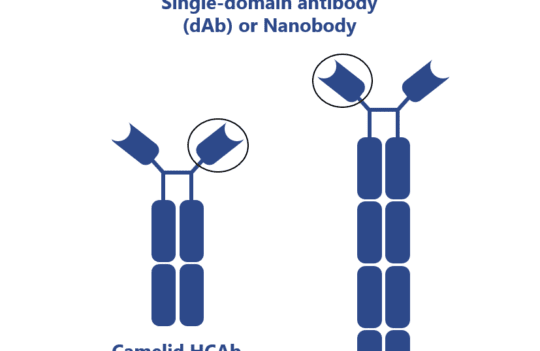
How camelid heavy-chain antibodies intensified the development of antibody engineering techniques
The discovery of functional antibody fragments and heavy-chain antibodies has intensified and propelled the development of innovative antibody engineering… Read More
-
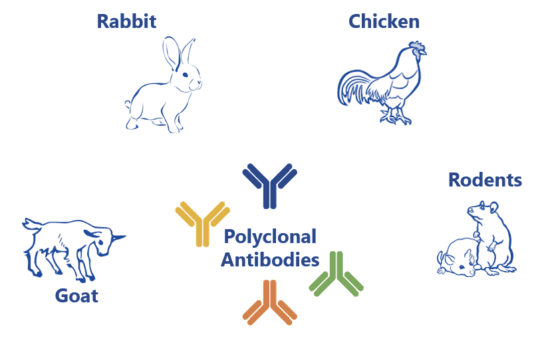
Polyclonal antibody production processes and development for research and diagnostics
Previously, we have discussed the potential benefits and drawbacks of using polyclonal antibodies for research and diagnostics. We have also… Read More
-

How monoclonal antibody development can help to reduce the risk of foodborne diseases
Foodborne illnesses continue to impose a heavy burden on human health worldwide. Thus, it is important to devise cost-effective strategies… Read More
-
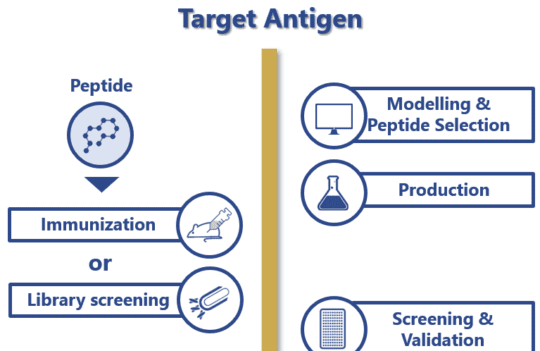
When you should choose to develop a peptide antibody for your project
The discovery of peptide antibodies has reduced antibody generation costs and increased the specificity of natural monoclonal antibodies. These antibodies… Read More
-
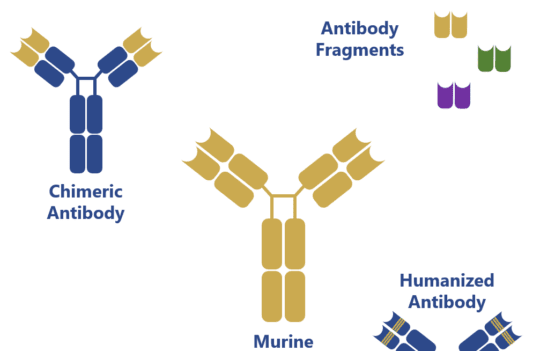
Are murine monoclonal antibodies still relevant for modern medicine?
Murine monoclonal antibodies were the first antibodies ever to be produced at lab-scale thanks to the discovery of the hybridoma… Read More
-
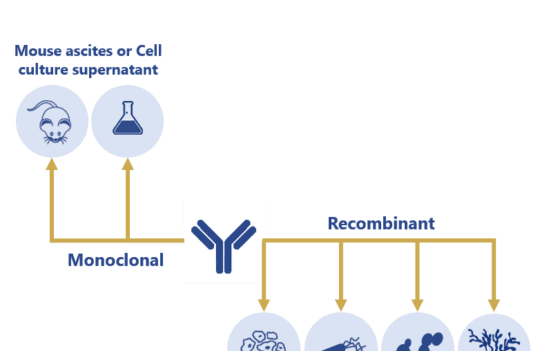
Essential steps for the successful manufacturing of therapeutic antibodies
In a specific sense, antibody production steps include the synthesis and purification of the antigen (peptide, protein, or DNA), the… Read More
-
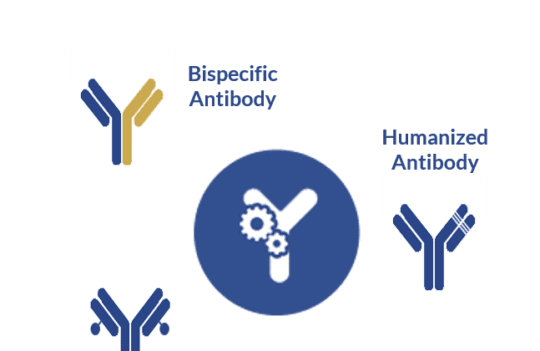
How antibody development can enhance the functionality of monoclonal antibodies for therapeutic applications
Antibody development consists in the modification and engineering of monoclonal antibodies. These techniques can be used to increase or decrease… Read More
-

The benefits of pairing monoclonal and polyclonal antibodies for custom immunoassay development
In a previous article, we highlighted the benefits and drawbacks of using monoclonal and polyclonal antibodies. In this article,… Read More
-
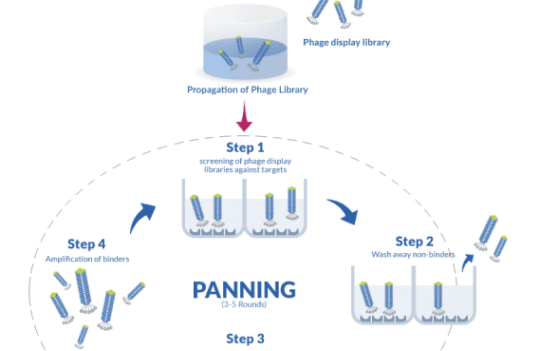
Interview of Pr. Bérangère BIHAN-AVALLE, expert in Phage Display Technology
Bérangère BIHAN-AVALLE, researcher at the Enzyme and Cell Engineering Unit UMR 7025 CNRS (GEC) and expert in Phage Display Technology,… Read More
